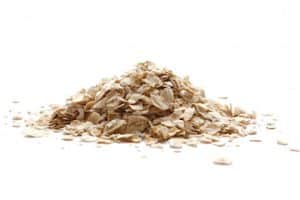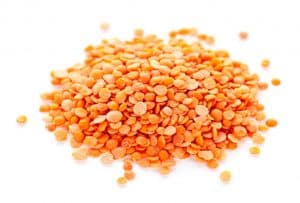
Raise Awareness and Support for World Mental Health Day
Mental Health has a significant impact on all of us and should not be tossed aside when it comes to the difference it can make when made a priority for all employees. 2020 has been a challenging year for everyone’s mental health, with many lifestyle changes occurring, forcing us to accommodate a very different way of life.
The importance of mental health has been brought to the forefront year on year, with support becoming ever more available.
However, in spite of this, mental health problems remain to be the leading cause of sickness absence.
What can you do to improve your mental health?
- Exercise – science has shown that a lack of exercise can cause anxiety
- Cut down on sugar and simple carbohydrates – research has shown that sugar and simple carbohydrates cause inflammation, and that a depressed brain is an inflamed brain
- Eat breakfast – breaking the fast will help to lift your mood and start your day off on the right footing
- Reduce alcohol – alcohol can reduce our B vitamins, which are vital for our mental wellbeing
- Drink enough water – staying hydrated will help to keep you mentally alert
- Get adequate sleep – those who suffer with insomnia have been found to be 10 times more likely to have depression. If you struggle with sleep, speak with your doctor
Making your mental health a priority will help to make the following improvements:
- Reduced stress and anxiety
- Boosted mood
- Improved productivity
- Reduced sickness and absenteeism
What should you eat to boost my mental health?
| Leafy greens |  |
Packed with folate (a B vitamin). Low amounts have been linked with reduced energy and depression. |
| Oats |  |
Rich in soluble fibre, giving a steady level of blood sugar to help maintain energy levels. |
| Fish |  |
Contains tryptophan, which is a building block of protein that has been linked to help improve mood by boosting serotonin levels. |
| Sweet potatoes |  |
High in folate and B vitamins. They are also broken down slowly to help maintain energy levels. |
| Brazil nuts |  |
Rich in selenium, of which low levels have been linked to low mood. |
| Lentils |  |
High in folate and iron, which helps oxygen to be passed around the body. |
| Dairy |  |
Rich in B vitamins, which help your body convert nutrients into energy. |
| Varied fruit & vegetables |  |
Consuming a vast variation of fruit and vegetables will ensure you have a wide range of antioxidants, helping to reduce inflammation. |
Please be aware that this is not a post aimed at those who are clinically depressed or those taking medication to ease depression, but simply an aid to lifting and lightening mood and boosting energy.


